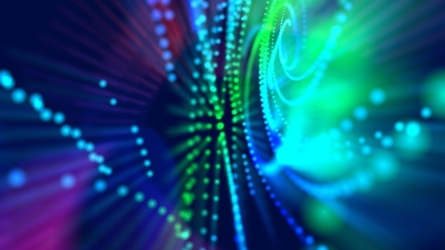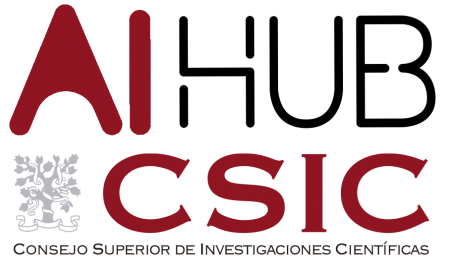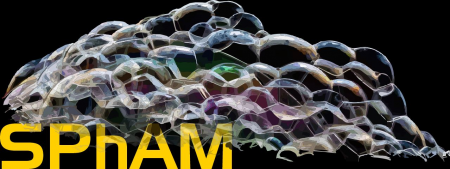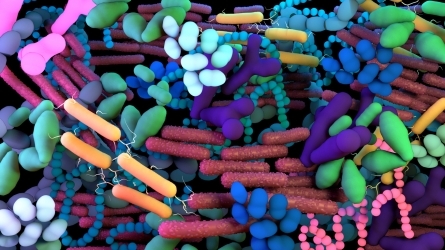
Artificial Intelligence Photonics 2023
Azalpena
Photonics is gaining traction in the artificial intelligence area in close competition with mature technologies such as microelectronics and developing platforms such as memristive systems. On the one hand photons are viewed more and more as optimum information processing and transporting carriers for their versatility, speed and energy economy that make them apt for hardware implementations. On the other hand, AI in general and machine learning in particular have revealed as phenomenal tools capable to solve complex problems that can boost the development of photonics in aspects concerning, for instance, new materials, inverse design, and even law discovery.
The integration of both disciplines is a two-way street where the benefits are incalculable. Bringing together the international communities involved in artificial intelligence and photonics can only be in their mutual benefit and that of science in general.
ORGANIZING COMMITTEE:
Cefe López (DIPC, ICMM-CSIC)
Aitzol García-Etxarri (DIPC, Ikerbasque)
Javi Aizpurua (DIPC, CFM-CSIC)
David Gacía (ICMM-CSIC)
Helburuak
This workshop aims at bringing together the communities of artificial intelligence and photonics to foster interaction and joint development and establishing a cooperative community.
Jarduera nori zuzenduta
- Unibertsitateko ikaslea
- Profesionalak
Zuzendariak

Cefe López Fernández
ICMM-CSIC, Prof. Inv.
Prof. López has a background in semiconductor physics and over thirty years' experience in materials science. His specialization in photonic materials covers preparation and characterization of nano- and micro-structured materials especially those based on self-assembly. Colloidal materials have been a dear subject of study with emphasis on the order/disorder balance and led to exceptional contributions in photonic crystals and photonic glasses. Introduction of non-linear properties such as optical gain greatly adds to these materials' potential giving rise to systems such as random lasers. Investigating random lasers, he found that certain ingenious realizations facilitate their coupling and their organization in networks.
Hizlariak

Thomas Bocklitz

Daniel Brunner
FEMTO-ST, CNRS

Miguel Cornelles Soriano
University of the Balearic Islands

Sylvain GIGAN
Sorbonne Université

Antonio Hurtado Villavieja
University of Strathclyde

Laurent Larger
FEMTO-ST institute

Serge Massar
Université libre de Bruxelles, Professor

Wolfram Pernice
Heidelberg University

Davide Pierangeli
National Research Council - Institute for Complex Systems

Paul Prucnal
Princeton University

Dimitrios Psaltis
EPFL

Junsuk Rho

Damien Rontani

Giovanni Volpe
University of Gothenburg

Roberta Zambrini
IFISC (UIB-CSIC)
Matrikula prezioak
| Registration fees | 2023-09-05 arte |
|---|---|
| 0 EUR | |
| 250,00 EUR | |
| 350,00 EUR |
Kokalekua
Carlos Santamaría Zentroa
Elhuyar plaza 2, 20018 - Donostia
Gipuzkoa
Carlos Santamaría Zentroa
Elhuyar plaza 2, 20018 - Donostia
Gipuzkoa









